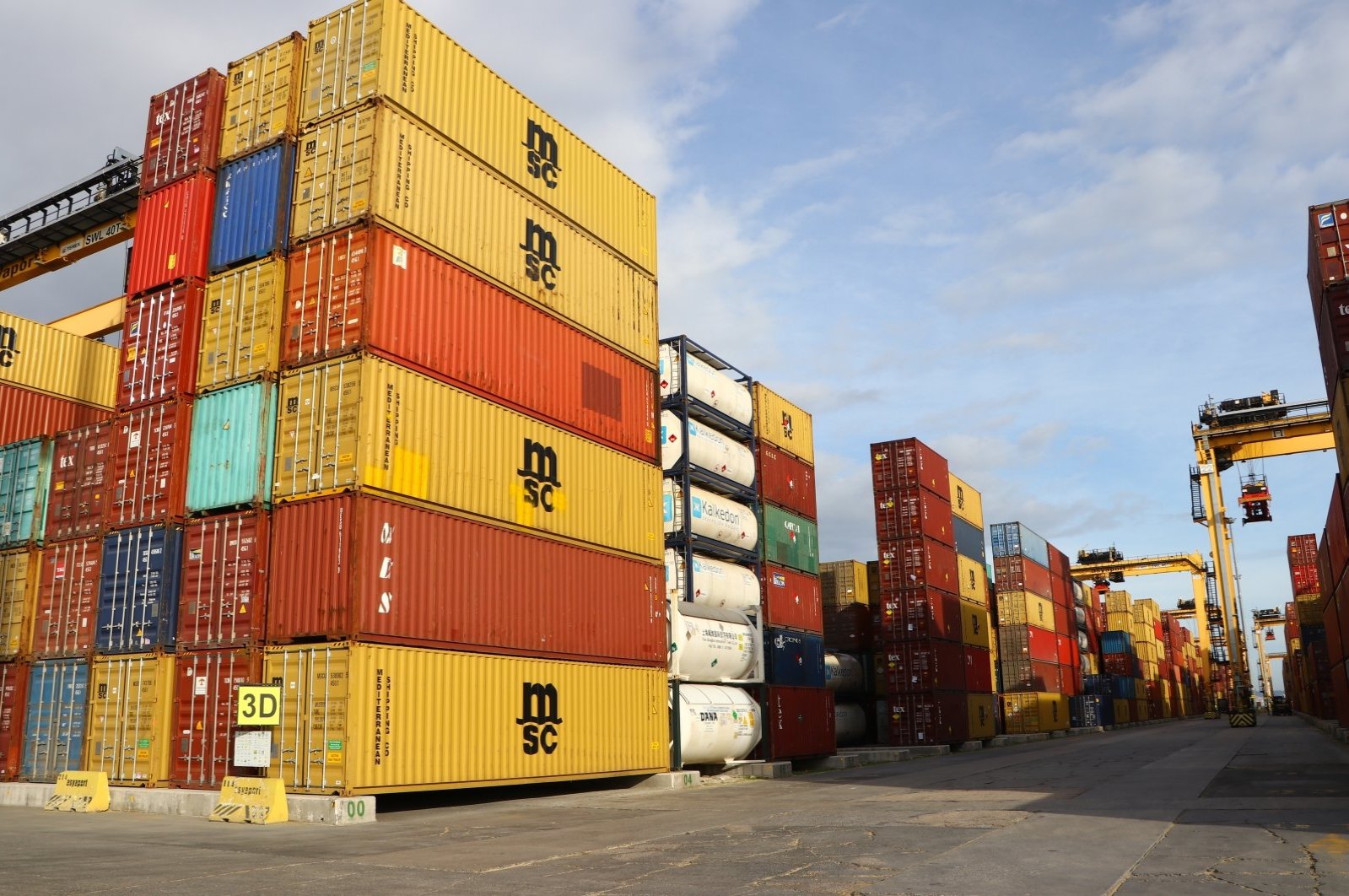Türkiye, UK could extend co-op with partnerships in third countries
Emphasizing the deepening collaboration between the United Kingdom and Türkiye in defense and heavy industry, the British consul general in Istanbul on Tuesday highlighted the potential for joint ventures in third countries, adding that nuclear microreactors could be a new area of cooperation.
Türkiye and the U.K. have forged significant collaborations and engaged in mutual investments, particularly within defense and heavy industry. The U.K. stands as Türkiye’s fourth-largest export destination and holds the position of its 17th most crucial trade partner.
Speaking to Sabah paper, the British consul general and undersecretary of trade for Eastern Europe and Central Asia, Kenan Poleo, evaluated the trade relations between the two countries following Brexit and the signing of a free trade agreement (FTA).
Noting that there are serious areas where the U.K. and Türkiye can work together to develop first-class defense technologies, Poleo said that the best example of this is the domestic combat aircraft “KAAN,” developed between Turkish Aerospace Industries (TAI) and BAE Systems.
“Türkiye is an important ally, friend and partner of NATO, and that’s why we invest a lot of energy and determination in bilateral relations,” he said.
“Companies like CANiK and Nurol are active in the U.K. It’s encouraging to see many examples of positive collaboration, and this is not just for our respective markets,” he added.
“Considering Türkiye’s exceptional innovation and engineering capacity, it’s very possible to pursue collaborations in third countries,” noted Poleo.
“I visited Baykar’s new facilities, and I was very impressed. It’s world-class. There are many facilities and services in Türkiye such as this that are of world standards,” he added.
The U.K. is a significant supplier in various product categories, including vehicles, textiles, electric generators and metals, with exports totaling 16 billion pounds ($20.3 billion). The number of British companies exporting to Türkiye has surpassed 7,500. In 2021, foreign direct investment (FDI) from the U.K. to Türkiye amounted to 8.9 billion pounds.
Highlighting the substantial trade volume between the two nations, Poleo voiced a need to strengthen the cooperation further.
“We need to bring together two great trading nations, two great innovative nations and the engineering talent. We are in a time when defense capabilities are more needed than ever,” he explained.
Furthermore, he stressed the need to elevate the trade volume between the two, which he said stands at 26 billion pounds.
“We need more because of the number of businesses; thousands of businesses from the U.K. operate in Türkiye and vice versa. There is much more that we can do together,” he noted.
“If we truly have a modern trade relationship, this can be an example to the rest of the world.”
Recalling that many FTAs mainly focus on goods and their access, Poleo conveyed the belief that areas such as data, services and digital technologies should also be included in the scope of the agreement.
Regarding Türkiye’s goals for energy diversity and the U.K.’s position as one of the most technologically advanced countries in small modular reactors (SMRs), also known as small nuclear power plants, Poleo touched upon possible cooperation in this area.
He mentioned that discussions at the presidential level have laid the groundwork for some high-level discussions. “SMRs are a technology that can bring about transformation. We haven’t set up the facilities yet, but they are based on proven technology. Therefore, this is a subject we hope to work closely with Türkiye on,” he said.
“Given that Türkiye is an exceptional production hub, you can see a world where SMRs produced in Türkiye can be sold to the region or the world,” Poleo outlined.
“This is also an idea of how the U.K. and Türkiye can work together. We are having serious discussions with the Turkish government about SMRs. While transitioning to a low-carbon economy, it is also important for Türkiye to ensure energy flexibility and self-sufficiency. It is also critical for energy supply security,” he concluded.




